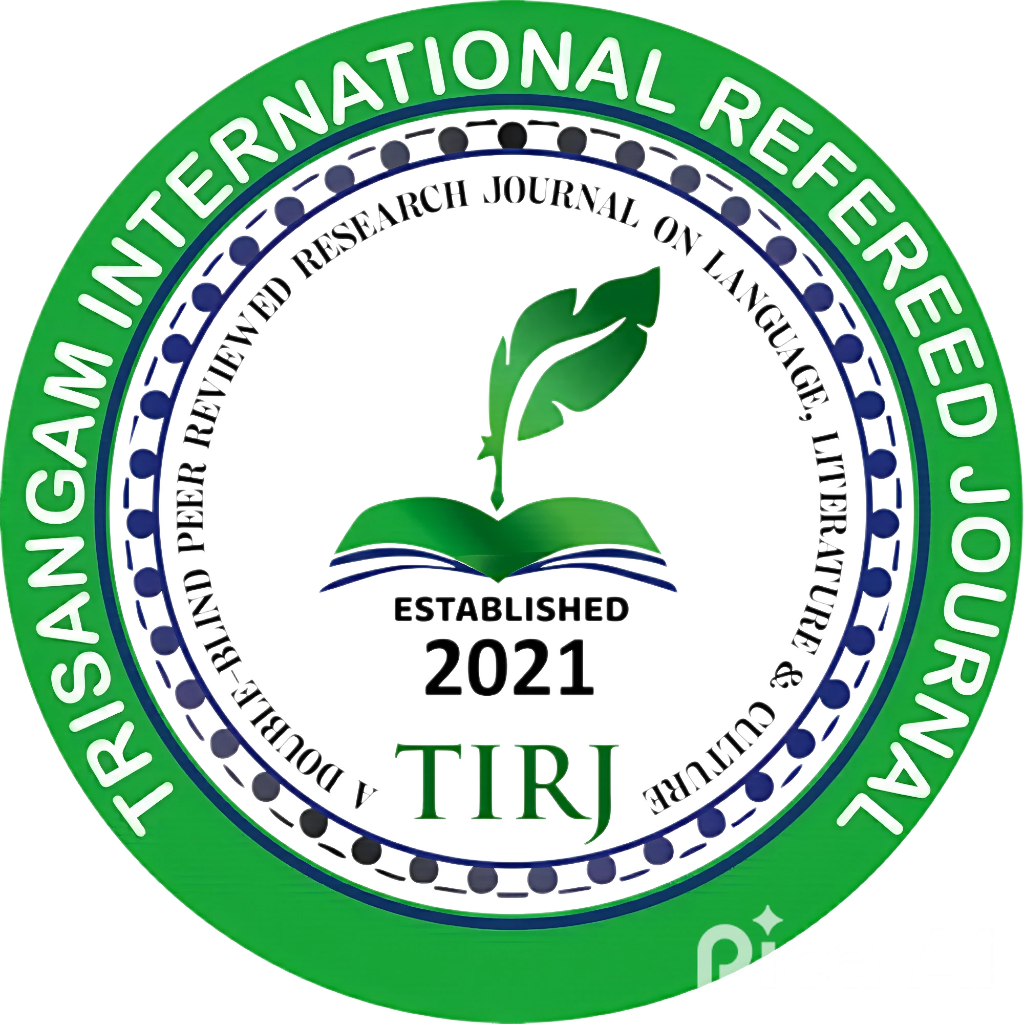Romanticism and Shakti Chattopadhyay’s poetry/ রোমান্টিসিজম ও শক্তি চট্টোপাধ্যায়ের কবিতা
Keywords:
- Romanticism,
- Nature Consciousness,
- Spirituality,
- Love And Despair,
- Melancholy,
- Divine Pursuit,
- Contrast,
- Modern Life
Abstract
Romanticism emerged in Western literature in the early 18th century, in opposition to classicism. One of the main foundations of which was nature consciousness, nature love, spirituality, love and despair and past conduct. Romanticism had a major impact on Western literature after the publication of Lyrical Ballads by William Wordsworth and Coleridge in 1798. As a result of which the romantic poets of that time tried to create a separate world based on their poetry. Wordsworth brought the natural beauty of nature into his poetic thought. Coleridge took his poetry into a mystical world. Another characteristic of Romanticism in Shelley's poetry was spontaneous lyricism. And Keats brought pictorials into his poetry. However, Romanticism had a direct impact not only on Western literature but also on Eastern literature. Just as the vibration of romanticism is heard in the creative thought of Rabindranath, the clear influence of romanticism is also seen in the creative thought of the poets after Rabindra. Just as Rabindranath Tagore's poems like 'Manasi', 'Sonar Tari', 'Chitra', 'Chaitali' are characterized by romanticism, in the case of modern Bengali poetry, echoes of romantic spirit are heard again and again in Jibanananda Das's' Jhara Palak ',' Dhusar Pandulipi ',' Banalata Sen ',' Maha Prithibi ', in the poetry collections of Buddhadeb Basu such as 'Kankabati', 'Draupadi's Sari', in the poems of Samir Sen, in Subhash Mukhopadhyay's poetry collections like ' Ful futuk na futuk aj Basanta', ‘Jato durei jay', 'Kal Madhumas', and in Sunil Gangopadhyay's collections like ' Hotat Nirar jonno', ' Vorer upohar ’, etc., can repeatedly hear the echoes of romantic consciousness.
Although it is not easy to imbue the color of romantic beauty in the colorlessness of modern life. Yet, modern poets have sought to infuse the flower of romanticism in the heart of the citizen's consciousness. And one of those who was able to spread the softness of romanticism in this land of harsh reality is Shakti Chattopadhyay. His poetry has echoes of Romanticism. He has used various natural resources as materials for his poetry. He wanted to realize the divine presence in the eternity of nature's natural beauty. In his poetry, the pursuit of the beauty of nature has become the name of divine pursuit. Just as the melancholy, loneliness, despair and alienation of the urban people have found a place in his poetry, love has also played a very important role in his poetry, which has been manifested in the natural context. Nature can only perfect the inadequacies and inefficiencies of individual life. So the poet, tired of the stresses of life, has repeatedly called the reader into nature because this place is not for humans, only God exists here.
Downloads
References
১. V. de Selincourt, ‘The Early Wordsworth’, (Presidential Address to the English Association), Stephen Parrish’s essay in PMLA, vol. 73, London, 1958, p. xx
২. দাশ, জীবনানন্দ, ‘বনলতা সেন’, ৮ম সংস্করণ, নিউ স্ক্রিপ্ট, কলকাতা - ২৯, অক্টোবর, ১৪২৪, পৃ. ৯
৩. ‘শক্তি চট্টোপাধ্যায়ের শ্রেষ্ঠ কবিতা, অষ্টবিংশ সংস্করণ, দে’জ পাবলিশিং, কলকাতা, সেপ্টেম্বর, ২০২১, পৃ. ২৭
৪. তদেব
৫. তদেব, পৃ. ২৯
৬. তদেব, পৃ. ৩০
৭. তদেব, পৃ. ৪১
৮. তদেব, পৃ. ৪৮






